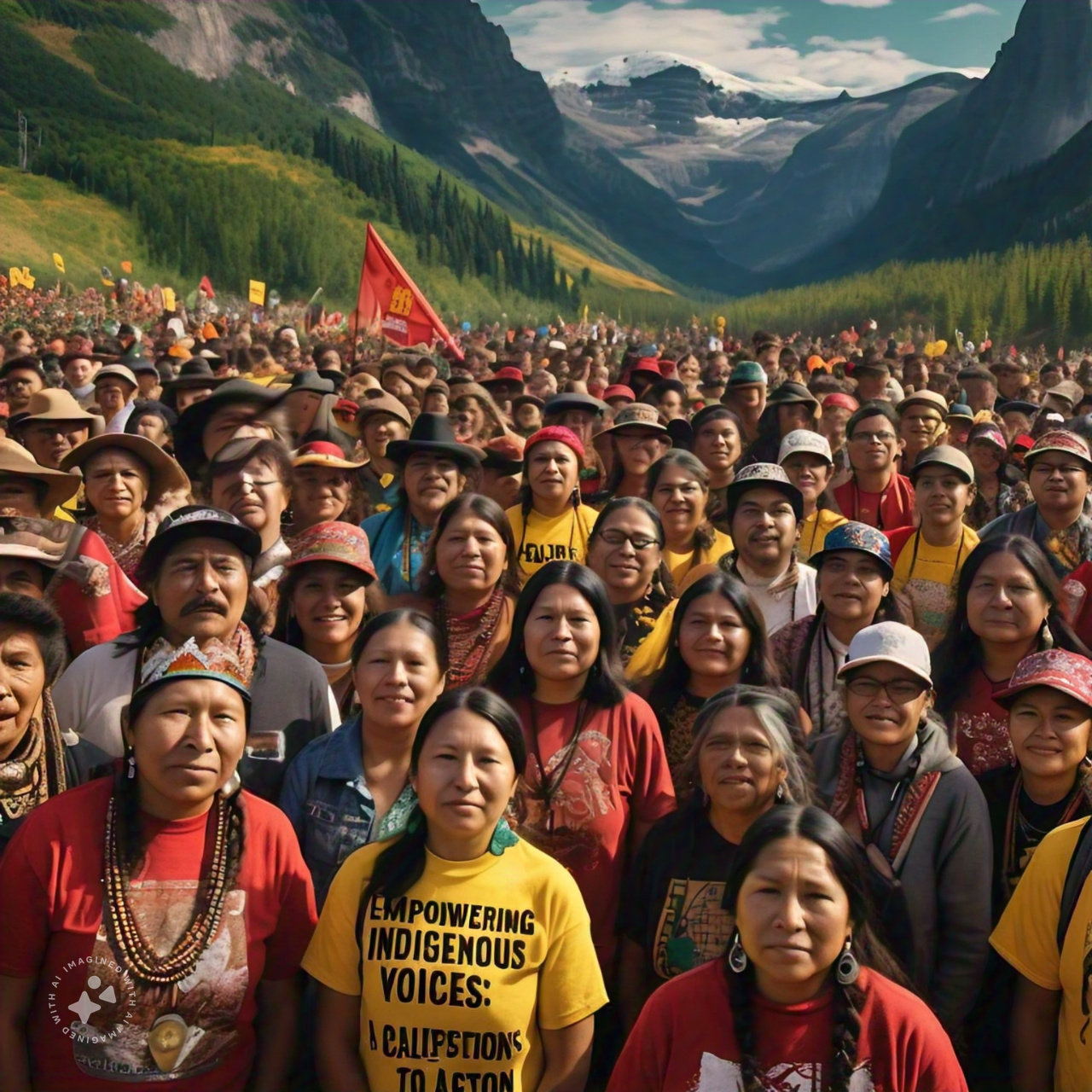Recognizing the Rights of Indigenous Peoples
In 2007, the United Nations General Assembly adopted the Declaration on the Rights of Indigenous Peoples (UNDRIP), a landmark document that established a framework for protecting the rights of indigenous peoples worldwide. This declaration marked a significant milestone in the struggle for indigenous rights, acknowledging the historical injustices and ongoing struggles faced by these communities.
Article 1: Equal Rights and Dignity
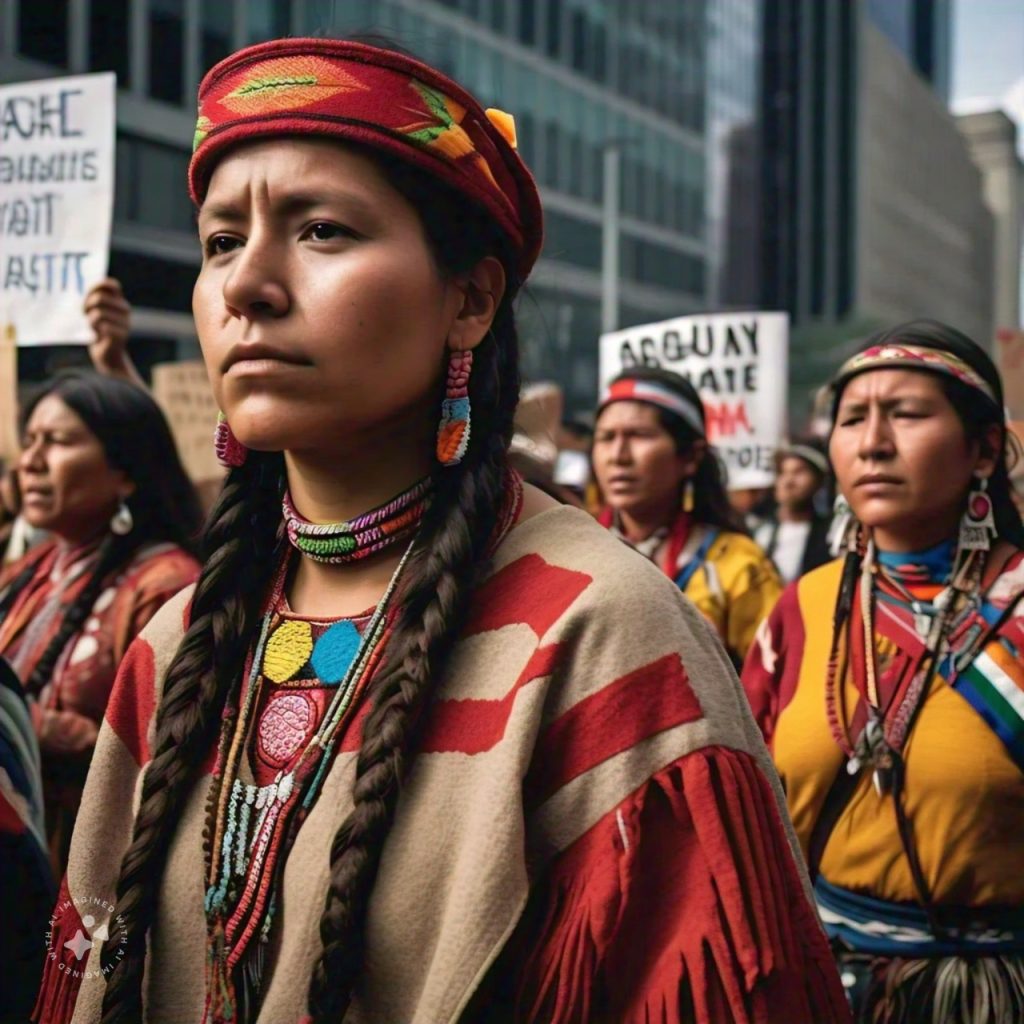
Indigenous peoples have the right to the full enjoyment of all human rights and fundamental freedoms, without distinction or discrimination. They are equal to all other peoples, and their dignity and well-being are essential to the enrichment of society.
Article 2: Cultural Identity and Autonomy
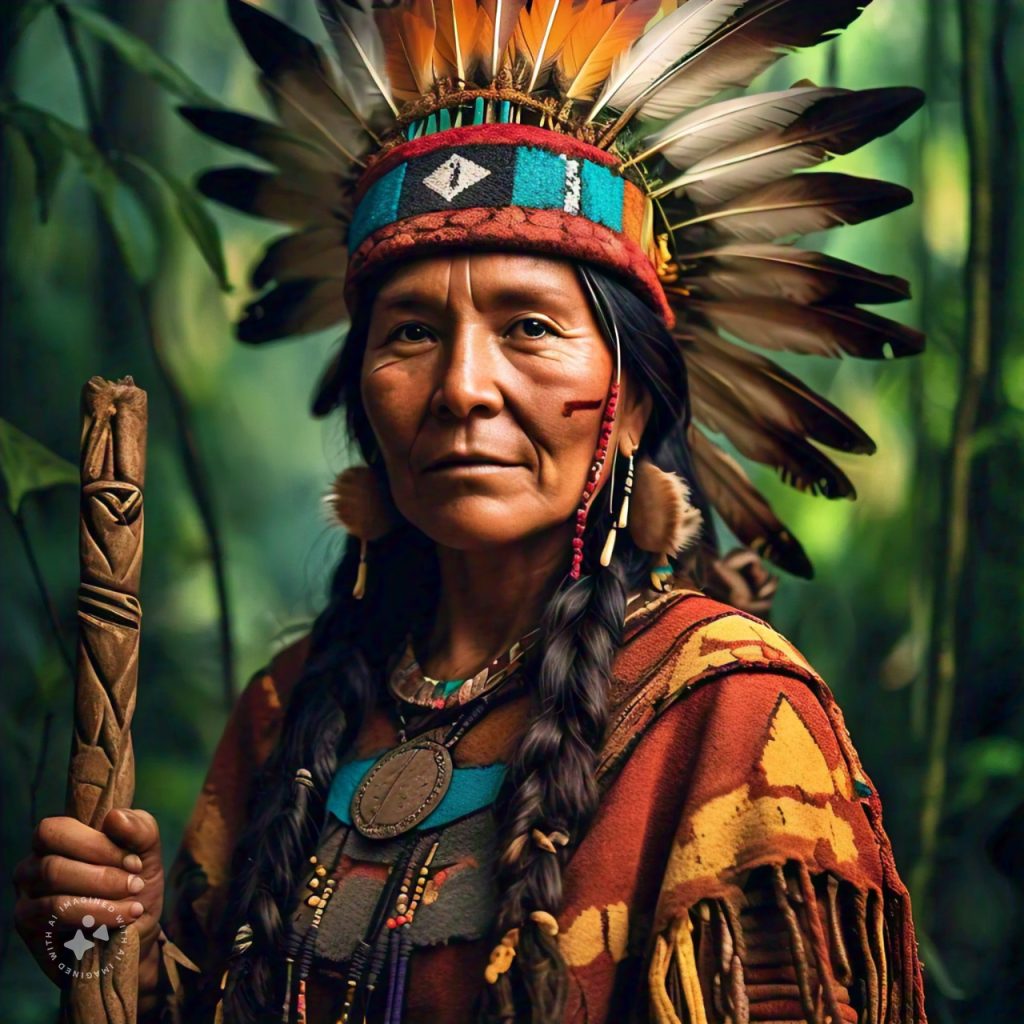
Indigenous peoples have the right to maintain their cultural identity, language, and traditions. They also have the right to autonomy and self-governance in matters affecting their internal and local affairs.
Article 3: Self-Determination
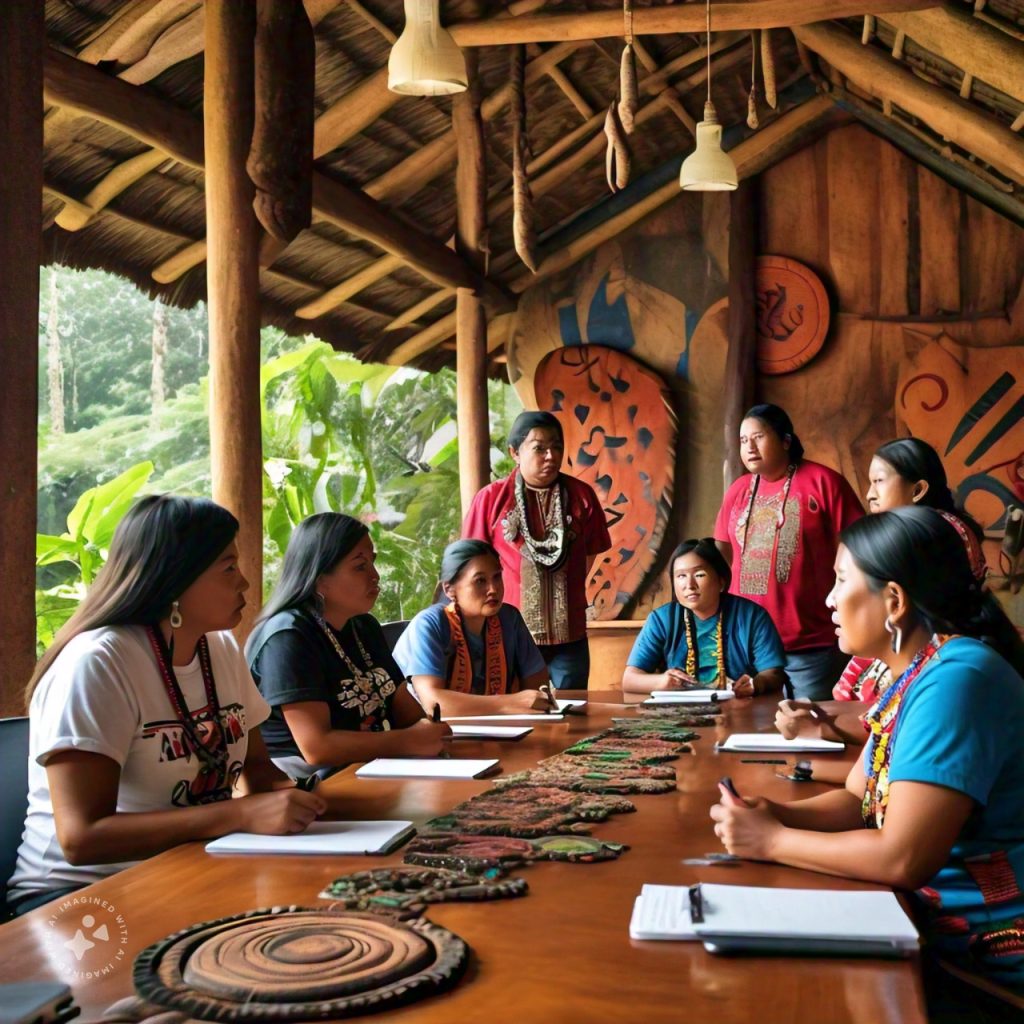
Indigenous peoples have the right to self-determination, which includes the right to determine their political status, economic development, and social and cultural development.
Article 4: Participation and Consultation
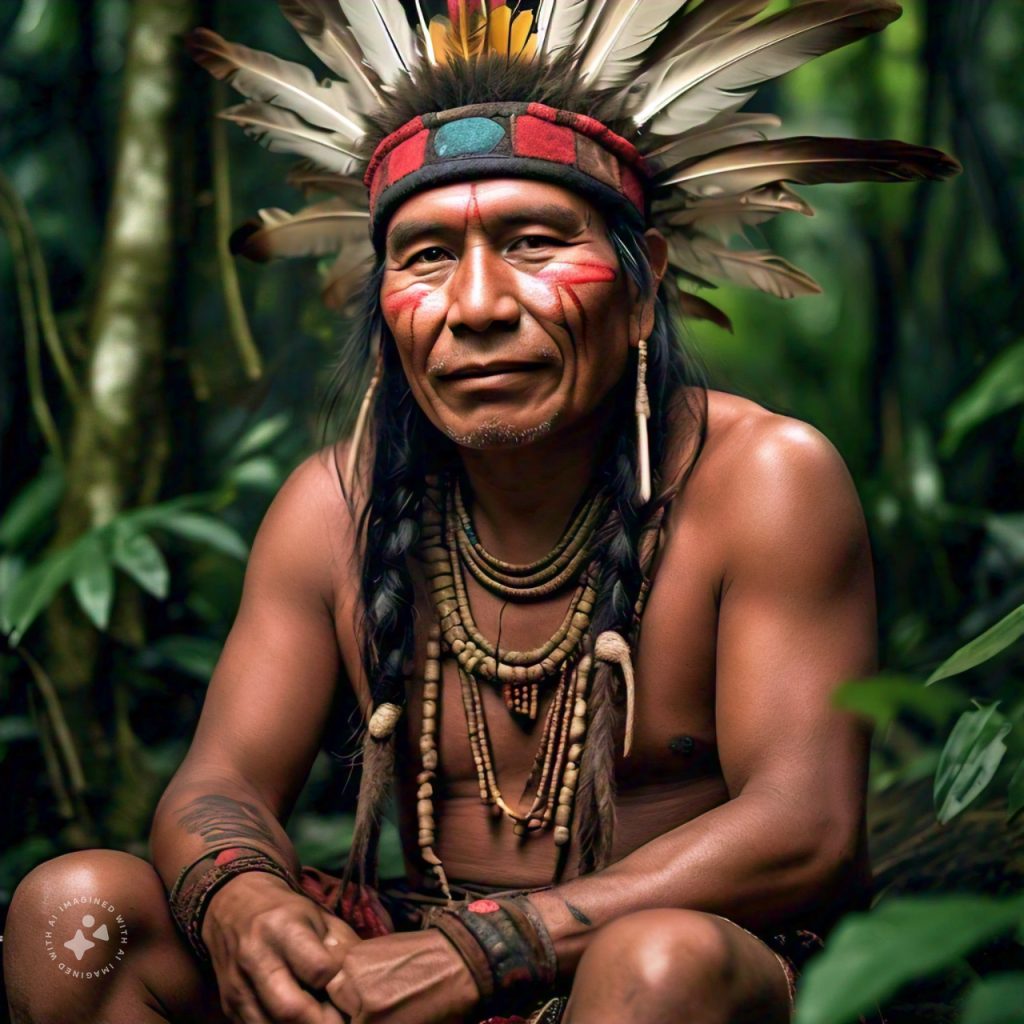
Indigenous peoples have the right to participate in decision-making processes that affect their rights, lands, and resources. They also have the right to be consulted and to give their free, prior, and informed consent before any project or activity that may impact their lands or territories.
Article 5: Non-Discrimination
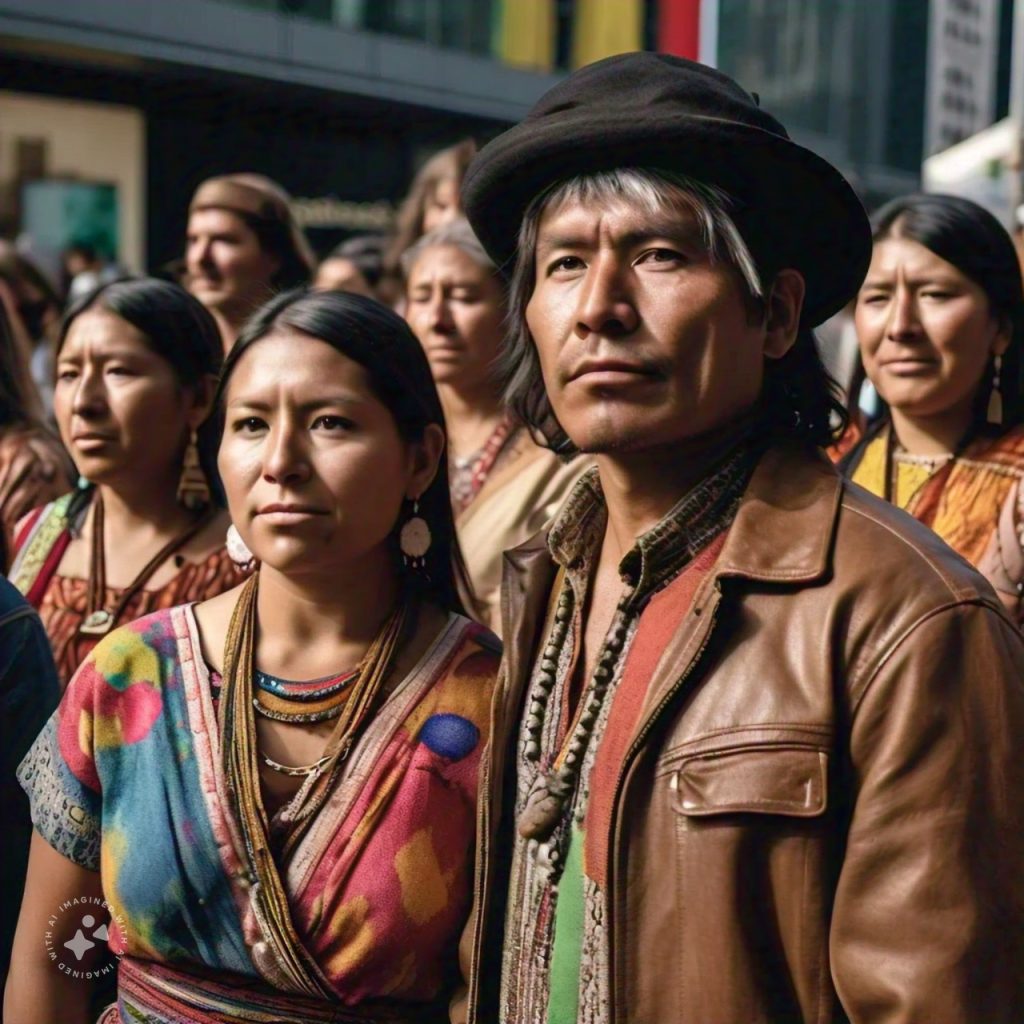
Indigenous peoples have the right to be free from discrimination, which includes the right to equal opportunities and treatment in education, employment, and healthcare.
Article 6: Lands, Territories, and Resources
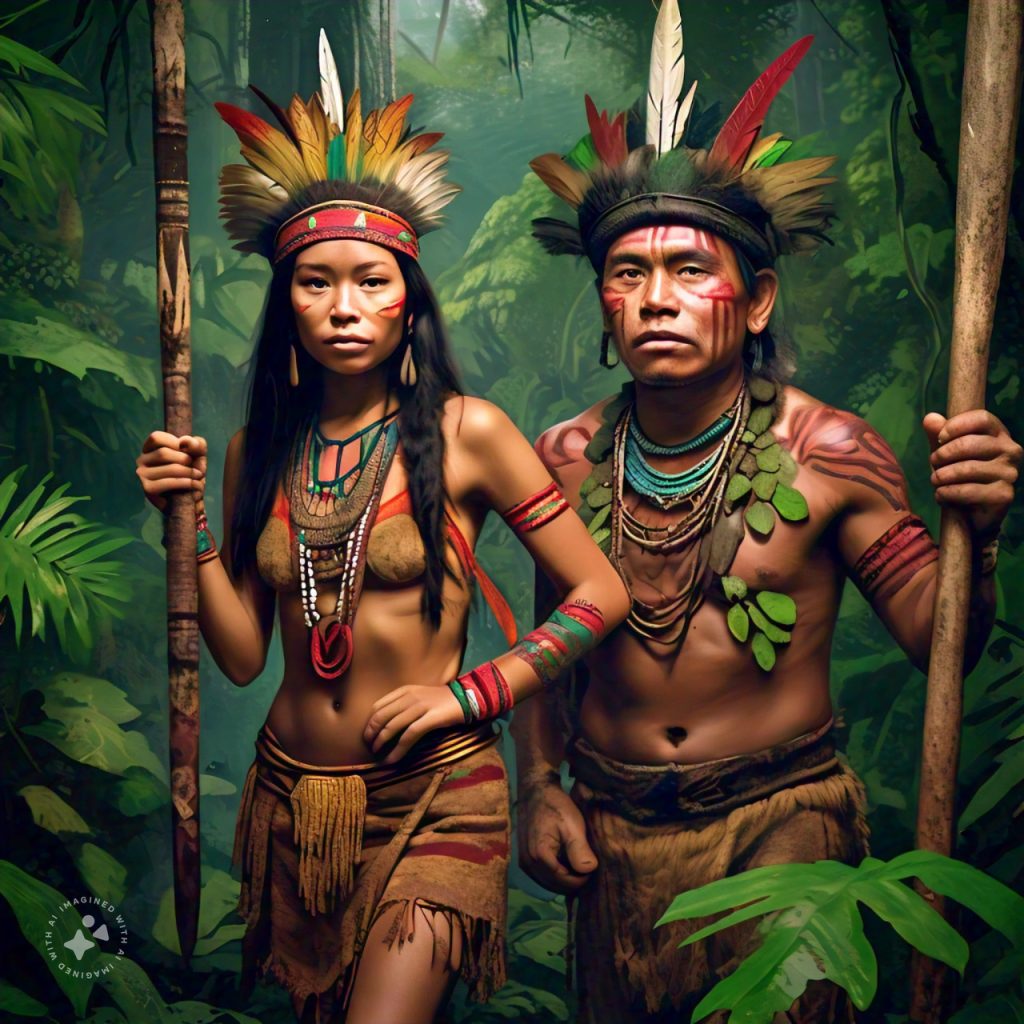
Indigenous peoples have the right to their traditional lands, territories, and resources. They also have the right to own, use, develop, and control these lands and resources.
Article 7: Redress and Reparations
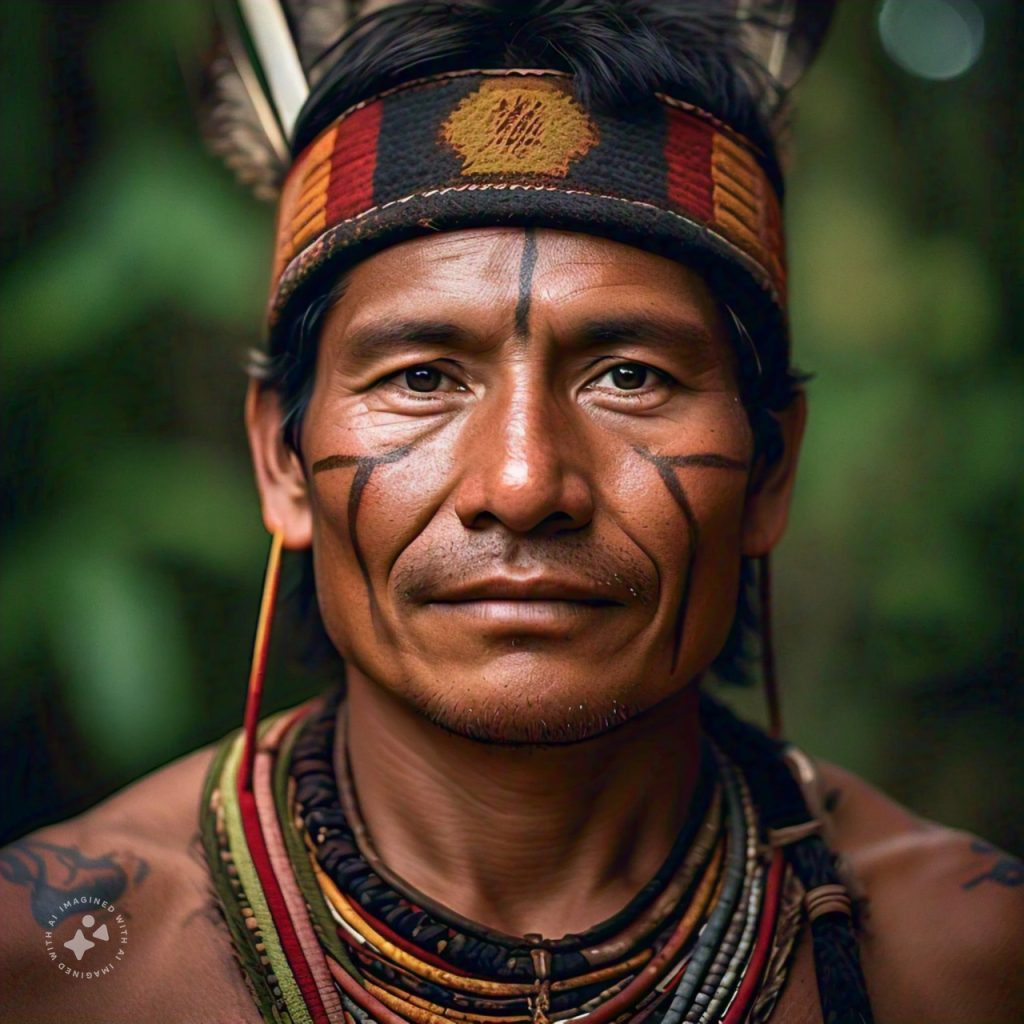
Indigenous peoples have the right to redress and reparations for the historical injustices and ongoing violations of their rights. This includes the right to restitution, compensation, and rehabilitation.
Article 8: Education and Cultural Preservation
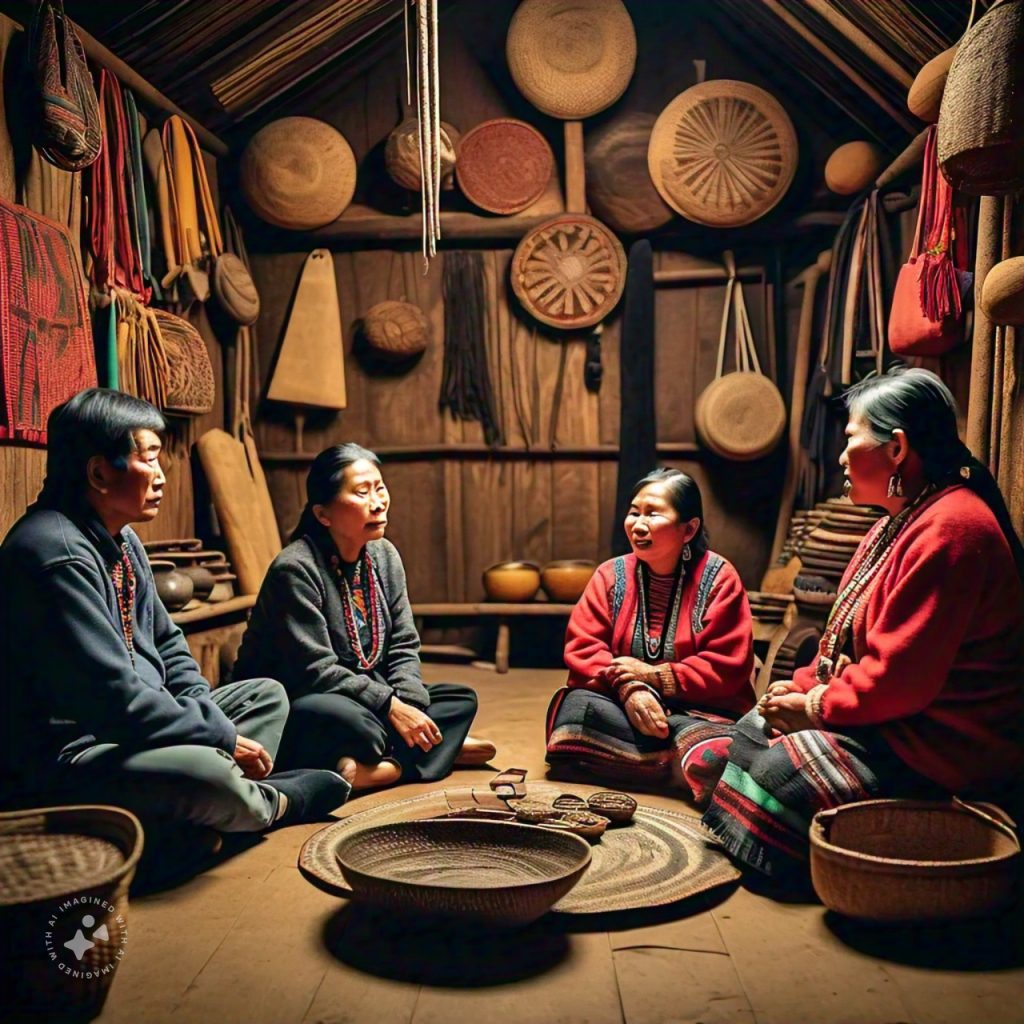
Indigenous peoples have the right to establish and control their educational systems and institutions. They also have the right to preserve and promote their cultural heritage, including their languages, traditions, and customs.
Article 9: Health and Well-being
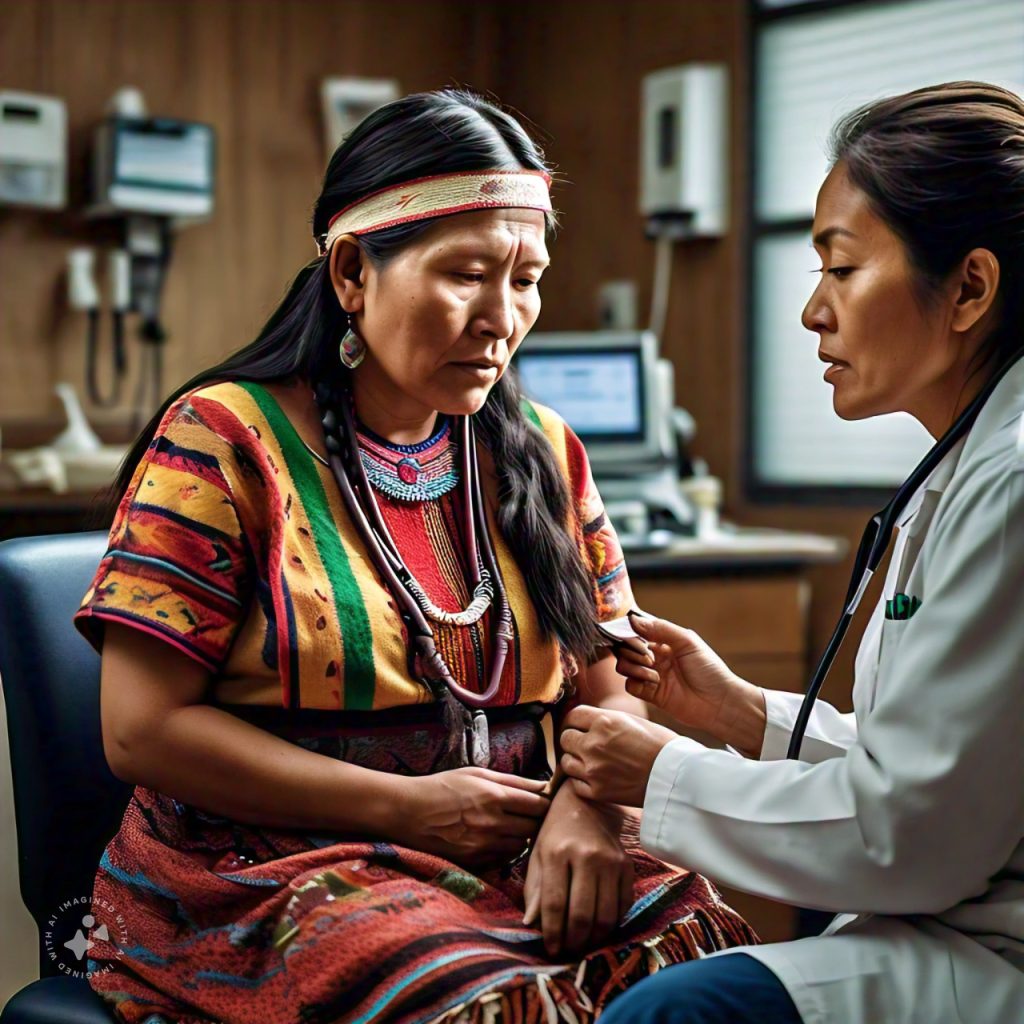
Indigenous peoples have the right to access healthcare and social services that are culturally appropriate and responsive to their needs. They also have the right
